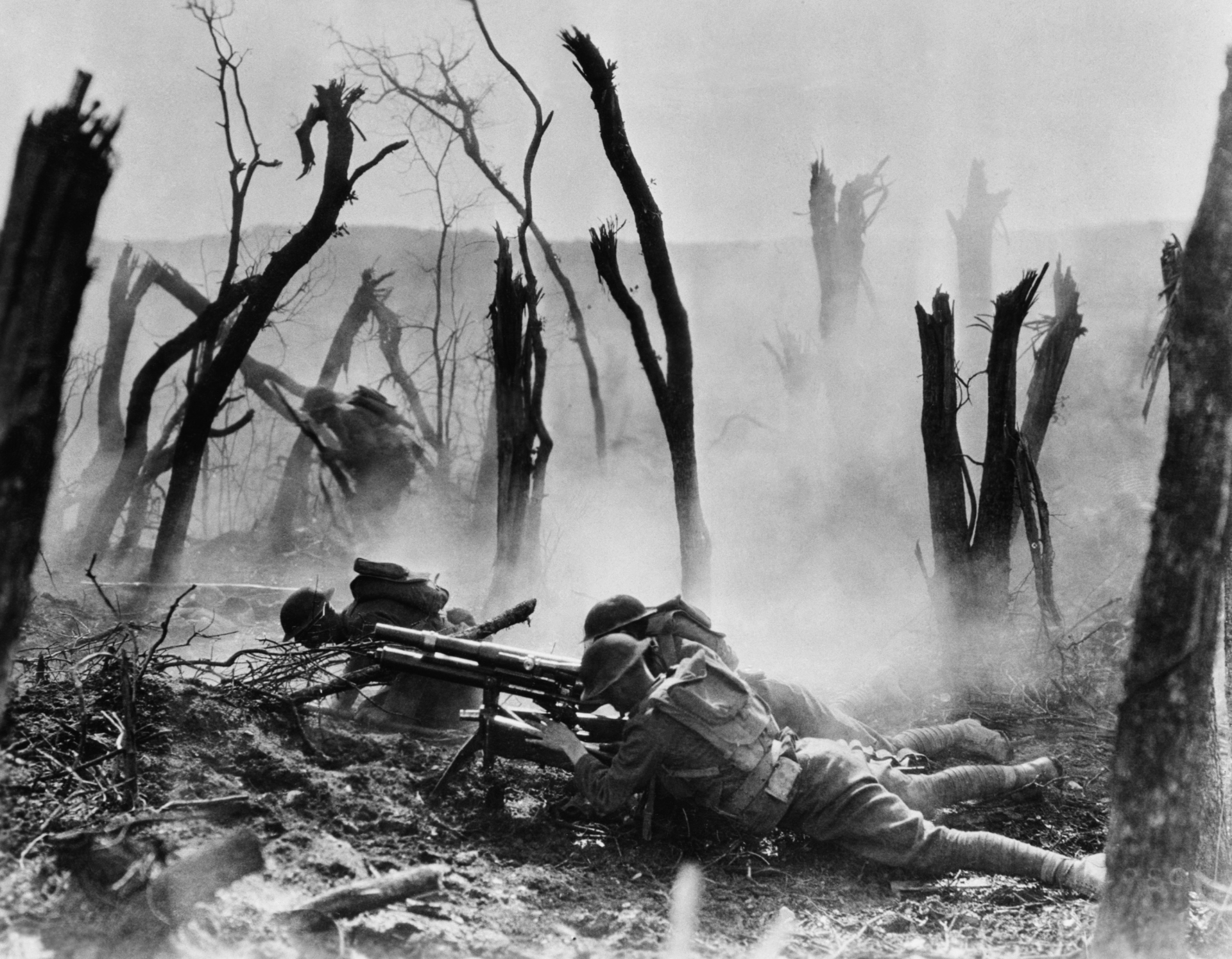Captain Ward Schrantz has written a detailed account of his personal experiences during a 22-month deployment covering his mobilization in the United States, his combat involvement on The Western Front, and his demobilization back to the United States during the First World War. Schrantz’s account was executed with minute details that highlight the sacrifices and hardships endured by the soldiers of Company A, and a general reader with limited knowledge of the 35th Infantry Division’s role in the First World War may not benefit as much from the elaborate detail left by Schrantz or the archival work added by Patrick. But this is ultimately a book about one soldier before, during, and after the First World War.
#Reviewing The Forgotten Front
The English-language publication of The Forgotten Front suggests that military history is not only alive and well but also integral to historians’ understanding of the first world war. Moreover, it showcases the breadth and depth of military history in its coverage of topics such as military strategy, national identity, and collective memory.
#Reviewing The World at War
As the U.S. enters what may well be later regarded as the Second Interwar Period, where discussion of a return to Great Power Competition has intensified, good histories need to make sense of why such wars come about and how they are fought. Furthermore, as the world wars of the Twentieth Century recede, it may make sense to treat them as episodes of a more massive conflagration, much as we tend to see The Thirty Years’ War as a whole, rather than a start-stop-start string of individual battles. Readers looking for such an offering should look elsewhere, for World at War fails to deliver.
The Importance of the Operational Level: The Ludendorff Offensives of 1918
#Reviewing Preparing For War
The Sykes-Picot Agreement at 100
The violence occurring in the Middle East is the result of a revisionist movement, namely the Islamic State of Iraq and Syria (ISIS), which seeks to conquer the greater region and expand its caliphate. A group that knows no geographical boundaries, its rapid rise is a symptom of what is widely regarded as the post-Westphalian trend the world has taken. Further, the volatility accompanying years of sectarian division has only been exacerbated by western involvement in the region, a century-old pattern of attempts to dictate the direction of governance dating back to World War I.







